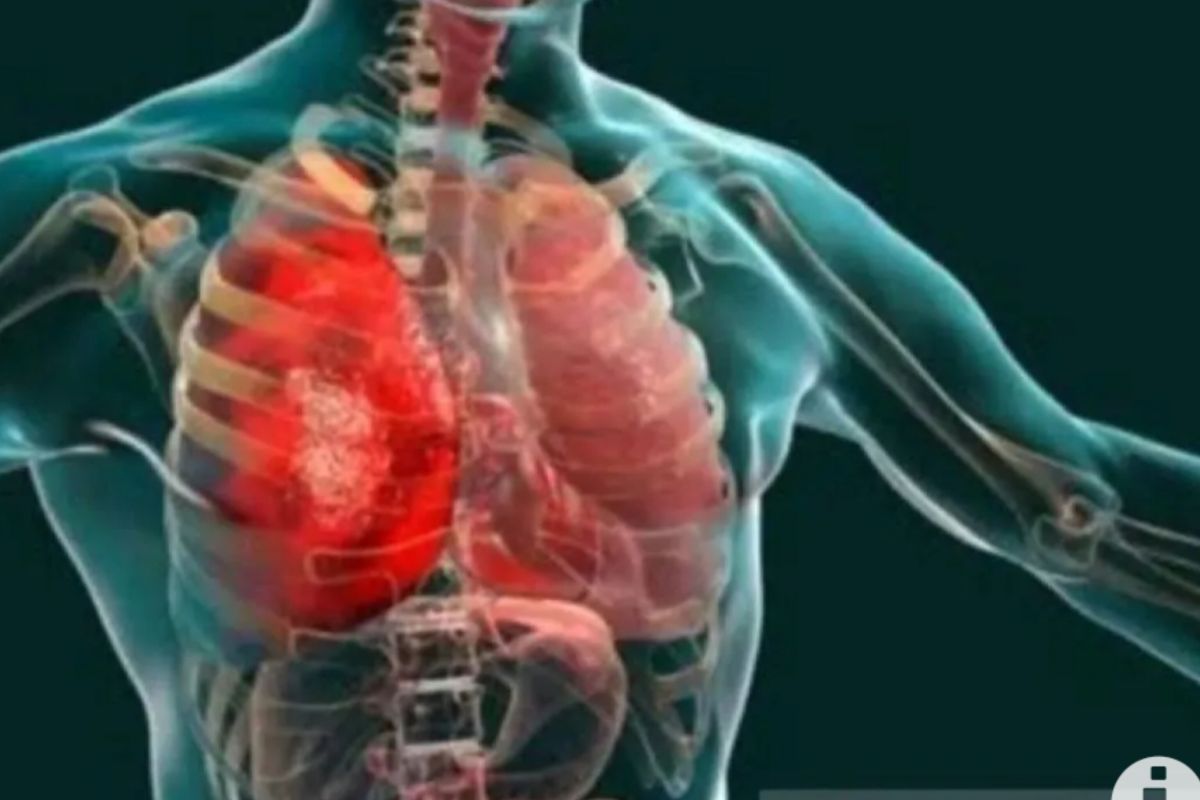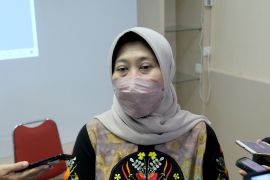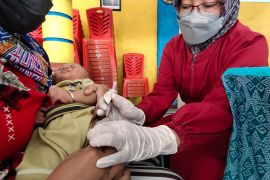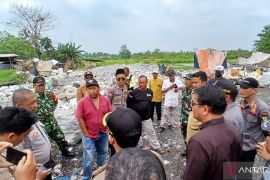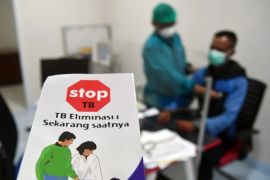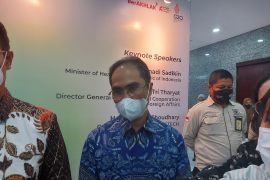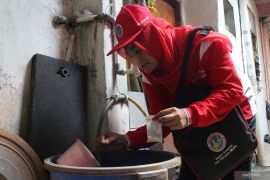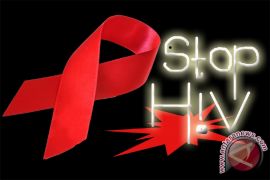“One way (to prevent it) is by using a mask during outdoor activities,” Jakarta Health Agency’s Section Head of Epidemiology, Surveillance, and Vaccination Ngabila Salama stated in Jakarta on Friday.
The second preventive approach is by completing the children’s vaccinations. Additionally, if the child is already sick, then treatment through antibiotics administered wisely is the right way forward.
As for vaccination, Salama stated that the government provides a total of 15 free vaccinations and a paid influenza vaccine for individuals older than six months of age and vulnerable groups, such as toddlers, elderly people, breastfeeding mothers, pregnant mothers, and health workers.
Salama remarked that citizens should also be mindful of consuming antibiotics prescribed by doctors, as the bacteria might attack people, with antibiotic resistance, which might hinder recovery.
To prevent pneumonia from getting worse, Salama advised citizens to conduct early detection by undergoing a medical examination at nearby health facilities. Thus, if the disease is detected, then the individual can receive treatment at the earliest.
“If there is an indication of bacteria, doctors will conduct a multiplex polymerase chain reaction (PCR) test to detect various viruses and bacteria, including mycoplasma, to give (the patient) a more specific therapy in accordance with the causative germ,” she stated.
Furthermore, the Jakarta Health Agency urged citizens to be more alert and not panic regarding mycoplasma bacteria pneumonia. The bacteria that causes respiratory infections had often been found and not new.
This pneumonia infection usually occurs through droplets of phlegm or cough as well as through close contact over a long period of time.
Salama explained that the incubation period, from the time an individual is exposed to the bacteria until the emergence of symptoms, is around one to four weeks, usually two to three weeks.
“It can take 3-7 days from the first sign of symptoms to the potential for breathing problems,” she stated.
Salama urged parents to bring their children to a doctor or health facility if the children are sick and do not recover after two to three days of self-medication.
Pneumonia symptoms can be mild and easily healed unless the patient has low immunity. One symptom is a non-severe fever, although a mixed infection with a virus might cause high fever above 40 degrees Celsius.
Other symptoms include cough, flu, sore throat, nausea, vomiting, breathing problems, fatigue, and headaches.
“Some unwanted complications are inflammations in the brain, heart, joints, and kidney, which might trigger kidney failure, et cetera,” Salama stated.
The Jakarta Health Agency is constantly monitoring and developing a real-time individual reporting system to anticipate cases of acute respiratory infection and pneumonia in both children and adults in Jakarta.
“The monitoring is conducted in all Public Health Centers (Puskesmas) and 194 hospitals to monitor conditions and detect new cases through laboratory examinations,” Salama stated in Jakarta on Sunday (December 3).
The monitoring is conducted alongside PCR examinations to find whether an individual is infected by a virus due to low immunity in the midst of a change in seasons.
Related news: Indonesians urged to mask up after pneumonia cases emerge in jakarta
Related news: Jakarta strengthens real-time reporting for pneumonia cases
Translator: Siti, Luthfia, Azis Kurmala
Editor: Rahmad Nasution
Copyright © ANTARA 2023
